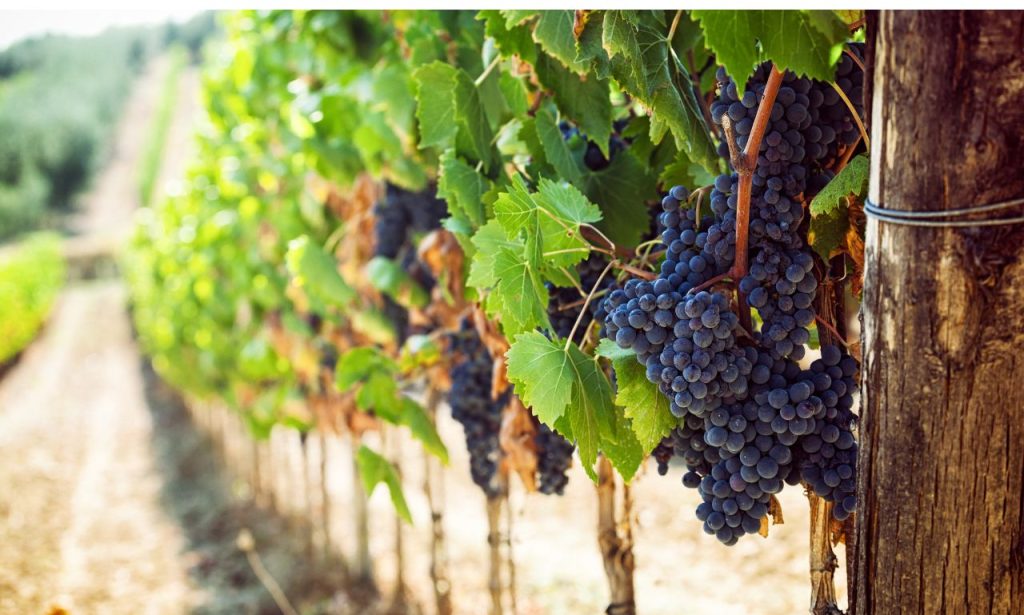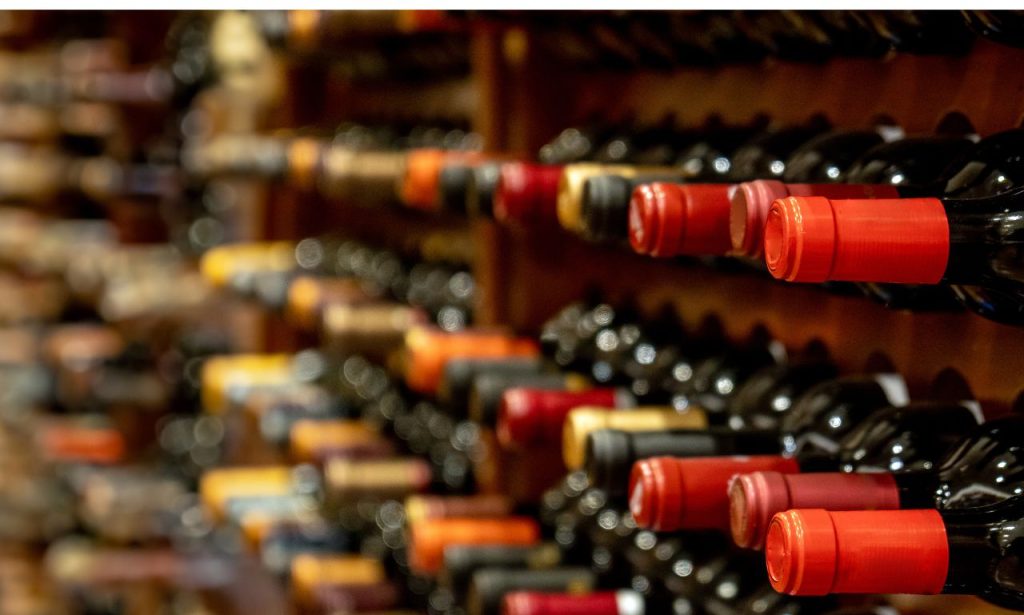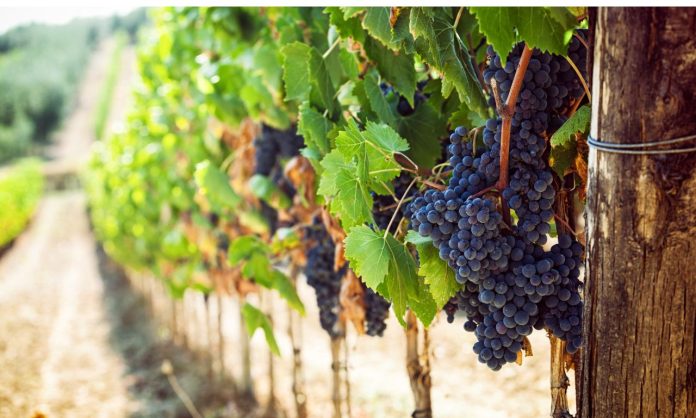The world of wine is intoxicating, both literally and figuratively. It speaks of sun-drenched vineyards, the alchemy of fermentation, and the convivial clinking of glasses. But beyond the romance lies a vibrant industry ripe with opportunity for those passionate about its craft. If you’ve ever dreamt of turning your love for wine into a career, this guide is your roadmap to navigating the exciting, multifaceted landscape of how to get into the wine industry.
Beyond the Vineyard

While the image of a winemaker meticulously tending to their vines might be the first thing that comes to mind, the wine industry is far more expansive than meets the eye. It’s a tapestry woven from a diverse range of skills and passions, offering a spectrum of career paths for individuals with varying backgrounds and aspirations.
Unveiling the Layers
Before diving into the “how-to,” it’s crucial to understand the “what” – the diverse array of roles that constitute this dynamic industry. From the hands-on artistry of winemaking to the strategic prowess of marketing and sales, the opportunities are as varied as the grapes themselves.
1. The Art and Science of Winemaking
This is where the magic truly happens. Winemakers are the conductors of the orchestra, overseeing the entire process from grape to bottle. They are scientists, artists, and meticulous craftsmen all rolled into one.
- Vineyard Manager: A crucial role, often overlooked, is that of the vineyard manager. These individuals are the guardians of the vines, responsible for their health, growth, and yield. Understanding soil composition, pest control, and pruning techniques are just a few of their many areas of expertise.
- Enologist: The science behind the art, enologists are masters of fermentation and the chemical processes that transform grape juice into wine. They analyze, experiment, and ensure the quality and consistency of the final product.
- Cellar Master: The unsung heroes of the winery, cellar masters are responsible for the day-to-day operations of the cellar, from managing equipment to overseeing bottling and aging. Their meticulous attention to detail is essential in maintaining the integrity of the wine.
2. Navigating the Business of Wine
While passion fuels the industry, it’s the business acumen that keeps it thriving.
- Sales and Marketing: The voice of the winery, these professionals are responsible for building brand awareness, connecting with consumers, and ultimately, driving sales. They are storytellers, strategists, and passionate advocates for the wines they represent.
- Brand Manager: Crafting the brand identity, developing marketing campaigns, and ensuring consistent messaging across all platforms are just a few of the responsibilities shouldered by brand managers. They are the architects of the brand’s image and voice.
- Sales Director: Leading sales teams, building relationships with distributors and retailers, and exceeding sales targets are the hallmarks of a successful sales director. They are the driving force behind getting the wine into the hands of consumers.
- Operations and Logistics: From managing inventory to coordinating shipping and distribution, these professionals ensure the smooth and efficient running of the business. They are the backbone of the operation, ensuring that every bottle reaches its destination.
3. Elevating the Wine Experience

Sharing knowledge and passion for wine is at the heart of these roles.
- Sommelier: More than just wine stewards, sommeliers are experts in all things wine. They curate wine lists, provide expert recommendations, and elevate the dining experience with their knowledge and passion.
- Bartender: While not exclusively focused on wine, bartenders in establishments with strong wine programs need a solid understanding of wine styles, pairings, and service to cater to a discerning clientele.
- Wine Educator: These passionate individuals share their love of wine through engaging tastings, informative courses, and educational programs. They bridge the gap between the vineyard and the consumer, fostering a deeper appreciation for the world of wine.
From Passion to Profession
Now that you have a broader view of the career landscape, it’s time to turn the lens inward. How to get into the wine industry starts with understanding your own strengths, interests, and aspirations.
- Identify Your Passion Points: What aspects of the wine world truly excite you? Is it the science of winemaking, the art of storytelling through marketing, or the joy of guiding others through a tasting experience?
- Assess Your Skillset: Are you a natural communicator, a meticulous organizer, or a creative problem solver? Recognizing your strengths will help you identify roles where you can truly excel.
- Explore Your Options: Research different career paths, read industry publications, and reach out to professionals in your areas of interest to gain firsthand insights.
Building Your Foundation
While passion is essential, a solid foundation of knowledge and skills is crucial for a successful career in the wine industry. Fortunately, numerous educational pathways cater to aspiring professionals, whether you’re looking for formal qualifications or hands-on experience.
1. Formal Education
- Certification Programs: For those seeking a structured approach, certifications offer a recognized credential that demonstrates your knowledge and expertise.
- Wine & Spirit Education Trust (WSET): Globally recognized, WSET offers a range of courses from beginner to advanced levels, covering everything from wine tasting to viticulture and vinification.
- Court of Master Sommeliers (CMS): The pinnacle of sommelier certifications, the CMS offers a rigorous program culminating in the prestigious Master Sommelier title.
- Society of Wine Educators: This organization offers certifications for wine educators, focusing on teaching methodologies and wine knowledge.
- University Degrees: For those seeking a more comprehensive education, several universities offer degrees in viticulture, enology, or wine business management. These programs provide a strong theoretical foundation and practical experience through internships and research opportunities.
2. Immersive Experiences
- Winery and Vineyard Internships: There’s no substitute for hands-on experience. Internships offer a firsthand look at the day-to-day operations of a winery or vineyard, allowing you to learn from seasoned professionals and gain practical skills.
- Harvest Internships: For a truly immersive experience, consider a harvest internship. This intense, hands-on experience during the busiest time of year will test your mettle and provide invaluable insights into the winemaking process.
3. Networking and Mentorship
- Industry Events and Trade Shows: Attending industry events like trade shows, conferences, and tastings offers invaluable opportunities to network with professionals, learn about new trends, and gain exposure to different sectors of the industry.
- Joining Wine Organizations: Becoming a member of wine organizations like the American Society for Enology and Viticulture (ASEV) or Women of the Vine & Spirits provides access to resources, networking events, and mentorship opportunities.
4. Continuous Learning

The world of wine is constantly evolving, with new trends, technologies, and consumer preferences emerging all the time. To thrive in this dynamic environment, a commitment to continuous learning is essential.
- Reading Industry Publications: Stay informed about the latest news, trends, and innovations by subscribing to industry magazines like Wine Spectator, Wine Enthusiast, and Decanter.
- Attending Workshops and Seminars: Expand your knowledge and skills by attending workshops and seminars on topics that interest you, from wine tasting to digital marketing for wineries.
- Pursuing Advanced Certifications: Continue to challenge yourself and enhance your credentials by pursuing advanced certifications as you progress in your career.
Conclusion
How to get into the wine industry is a question with a multifaceted answer. It requires passion, dedication, and a willingness to learn and adapt. But for those who are drawn to the allure of the vine and the artistry of winemaking, the rewards are immeasurable.
Embrace the journey, embrace the challenges, and most importantly, never stop exploring the fascinating world of wine. Your dream career awaits.
ALSO READ: Is Medical Device Sales a Good Career?
FAQs
A: Salaries can vary greatly depending on the specific role, location, and size of the company. However, entry-level positions typically start in the $30,000 to $45,000 per year range.
A: While relocating to a wine region like Napa Valley or Sonoma County can offer more job opportunities, it’s not always essential. Many metropolitan areas have thriving wine scenes with importers, distributors, retailers, and restaurants that offer wine-related positions.
A: The wine industry faces challenges such as climate change, evolving consumer preferences, increasing competition, and the need to adapt to digital marketing and e-commerce trends.
